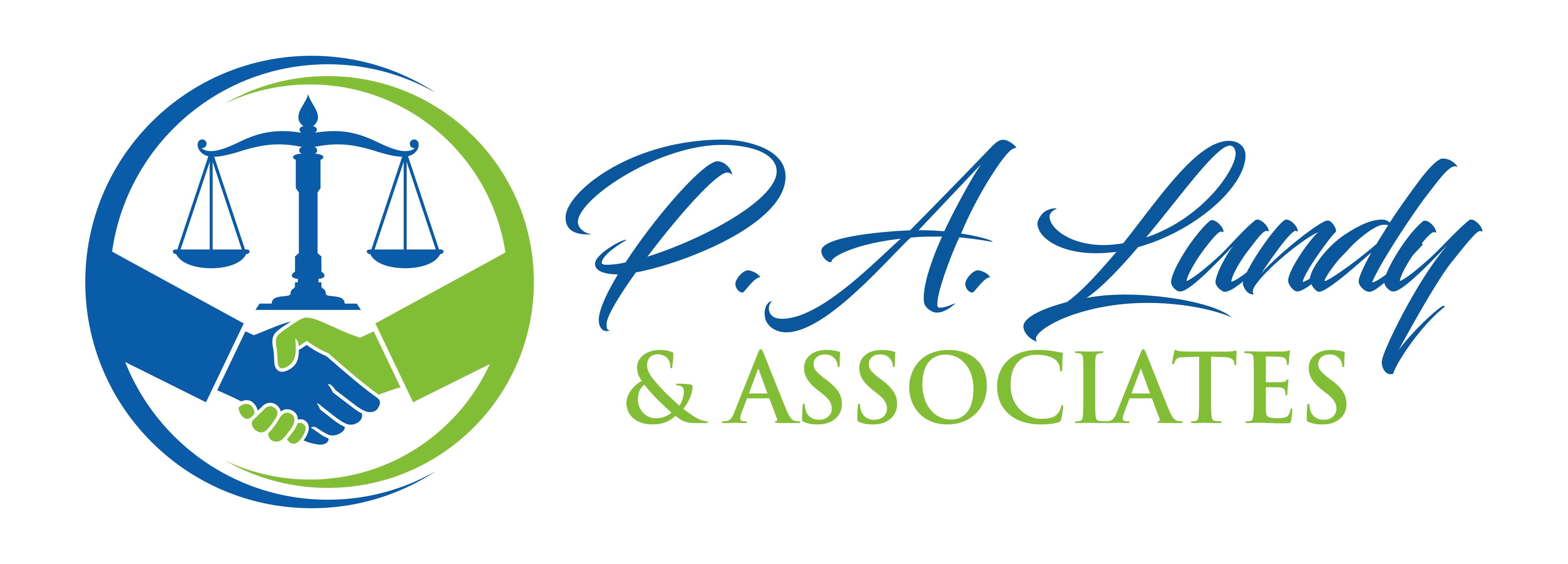5 Life Estate Problems You Must Keep In Mind

When you are a homeowner and have a family, no matter what happens, you always want to take care of them. One way to do so is to pass your home to your children once you pass away. It is important to realize that transferring your home’s ownership rights to someone else isn’t always as simple as saying it; generally, you need legal documentation such as a Trust, a Will, or a Life Estate to effectively accomplish the transfer.
Life Estates can be an excellent tool for Medicaid planning, probate avoidance, and tax efficiency, but there are some potential problems you should be aware of. The implications and risks of a life estate are essential in determining what is right for you based on your situation.
Today, we’ll cover some key points around this topic to help you understand it better.
What is a Life Estate?
A Life Estate is a property that an individual owns only through the duration of their lifetime, or in other words, it’s a real estate property that ends at death and the property ownership returns to the original owner, or it may be passed to another person.
Life Estates are usually used for homes but apply to any type of property, land, and anything attached to the land. In a Life Estate, two or more people, the life tenant(s) and remainderman(men) have an ownership interest in a property, but for different periods of time.
- The life tenant: the person who owns the Life Estate, has full control of the property and the legal responsibility to maintain the property as well as the right to use it, rent it out, and make improvements to it during his/her
- The remainderman: the other person who has a current ownership interest but cannot take possession until the death of the life estate Also simply known as the “other owner.”
Why is Life Estate Important?
This legal mechanism is a useful alternative for some families seeking to simplify the estate planning process. A life estate helps avoid the probate process upon the life tenant’s death. The property will automatically transfer to the remainderman, making the process simple and easy, without the need for a Will. This brings relief and comfort to the life tenant as they know exactly what will happen to their property when they pass away.
Life Estates are an excellent planning technique in many circumstances. They allow parents to pass ownership of their homes to their children while retaining full possession of the property throughout their lives. The life tenant can use and inhabit a home for the rest of their life and be straightforward with beneficiaries about what will occur to the property after their death.
Executing a Life Estate Deed is also a way to increase the property’s tax basis and protect the home from Medicaid estate recovery. For example, if a person needs care and is eligible to receive Medicaid, the government may try to recover the costs of care from their estate once they pass away. The Life Estate protects the home from being included in the Medicaid recovery process as it passes immediately to the new owner.
The Life Estate Potential Problems You Must Keep In Mind
1. House selling and mortgage obstacles
As a life tenant, it’s not easy to sell or mortgage property with a life estate interest. All remaindermen must agree if you decide to sell or borrow against the property. This can be solved with a Testamentary Power of Appointment in the Deed.
This allows the life tenants to change who ultimately receives the property by directing its disposition in their Wills. It won’t sell the property, but it gives the life tenant more power of negotiation with the remaindermen.
Another option is a Nominee Realty Trust, in which you permit one or more children to act as Trustee/Trustees for all the children and states that if there is a majority vote of the beneficiaries, then those instructions must be followed. So, if there are four children and one of them objects to the sale or mortgage of the property, but the other three agree, the majority can order the Trustee to sign the necessary documents to facilitate the sale or loan.
2. Revenue sharing
If the property is sold, the remainderman is entitled to a portion of the profits equal to what is determined to be their interest at that time.
3. Difficulty in changes to real estate deeds
It is not as easy to remove or change a name once it is on a real estate deed as it is to change the beneficiary of a life insurance policy or bank account.
4. Remainderman’s legal problems
His/her problems become yours. For example, if your child, the remainderman, is sued, owes taxes, files for bankruptcy, gets a divorce, or any other type of inconvenience of this nature, your home is not protected at all. A lien could be filed against your house or a spouse could claim all or part of a child’s interest, etc. However, while these claims may be made against the property, no one can kick you out of it during your lifetime.
5. Disqualification from Medicaid Assistance and State Claims
Giving away an interest in the property could disqualify you from receiving Medicaid Assistance, should you need long-term care within five years of the transfer. In addition, if you and the remainderman sold the property while you were in a nursing home, the state could file a claim against the income portion of the payments it has made on your behalf, but the portion of the proceeds allocated to your children would be protected.
CONCLUSION
Whether a Life Estate is good for you depends on your situation and your goals. It can be a helpful planning tool, but as with many planning tools, it depends on your personal circumstances. To explore whether this tool is good for you, you can speak with an Attorney at P.A. Lundy & Associates, LLC at 410-480-7090 or email us at [email protected].








